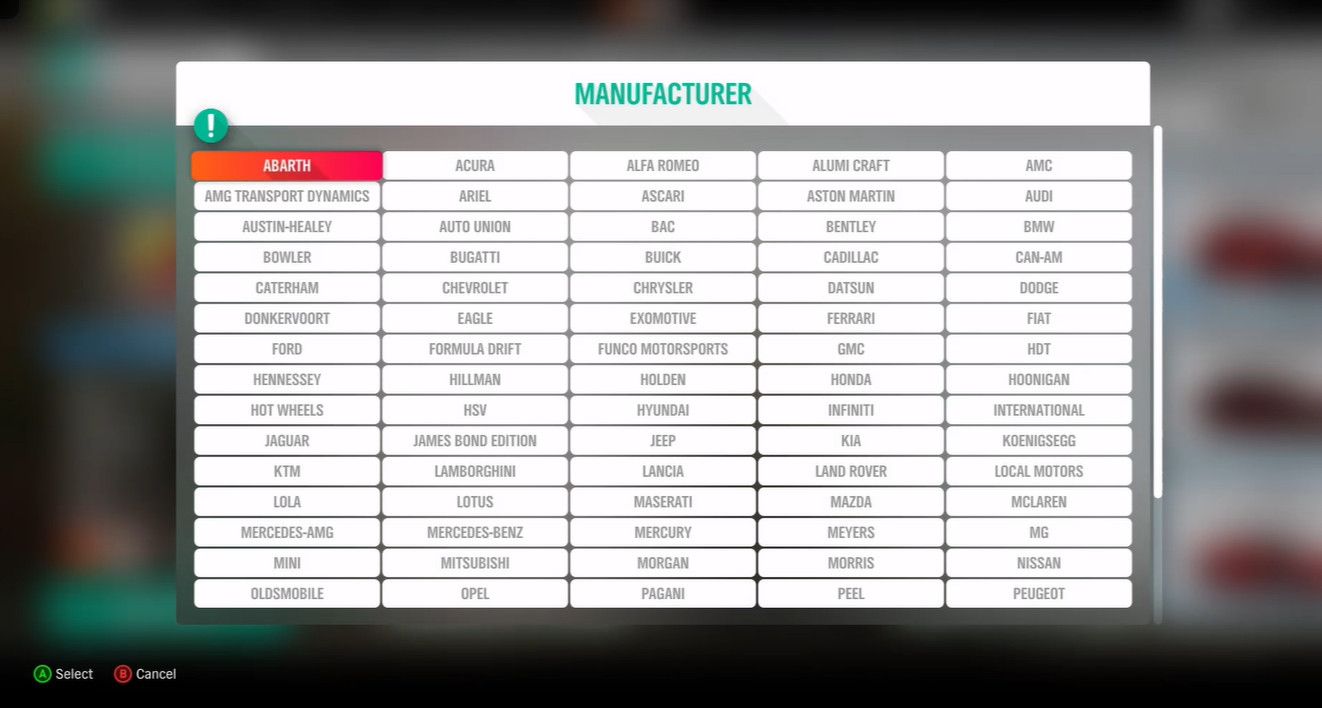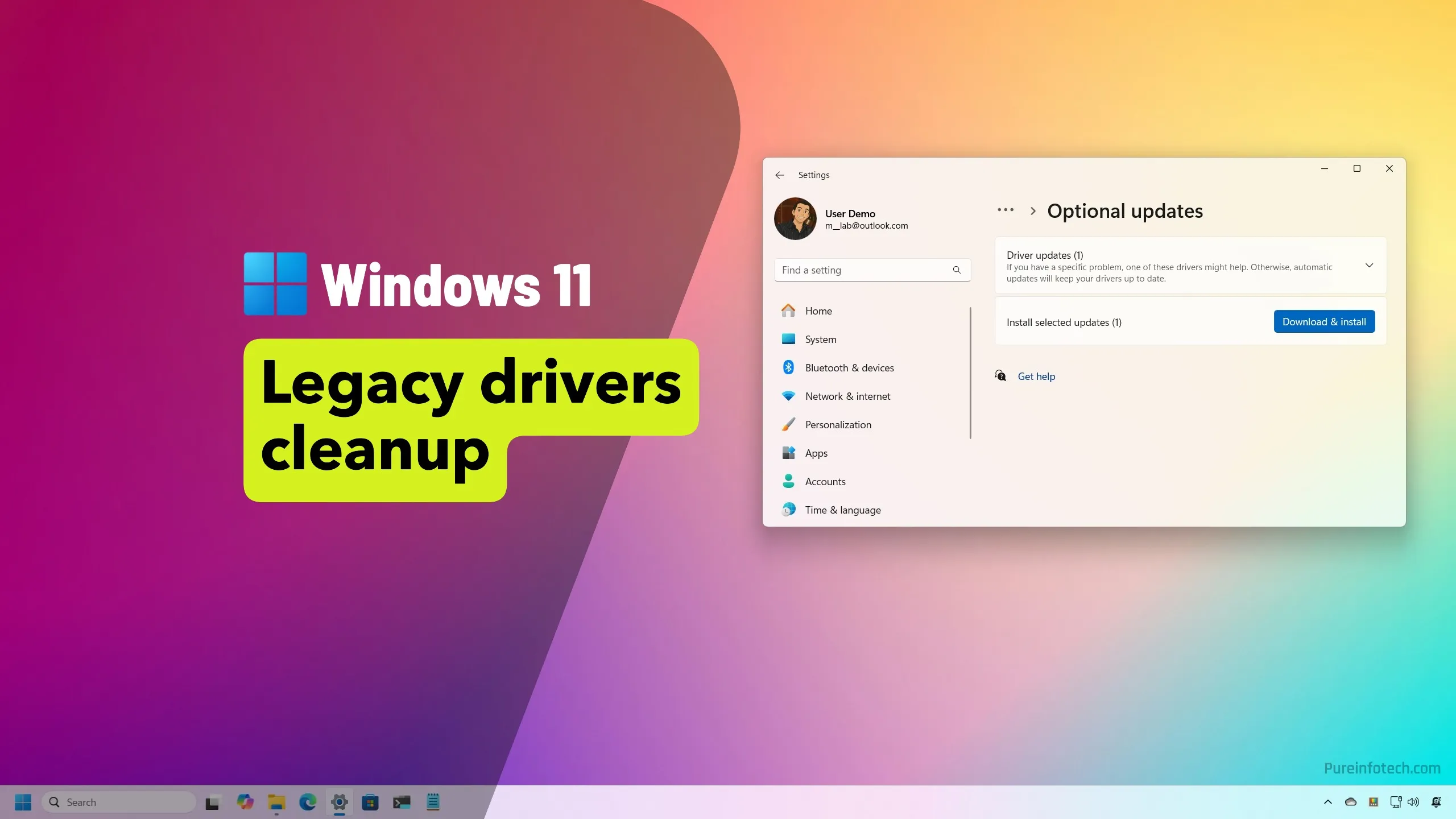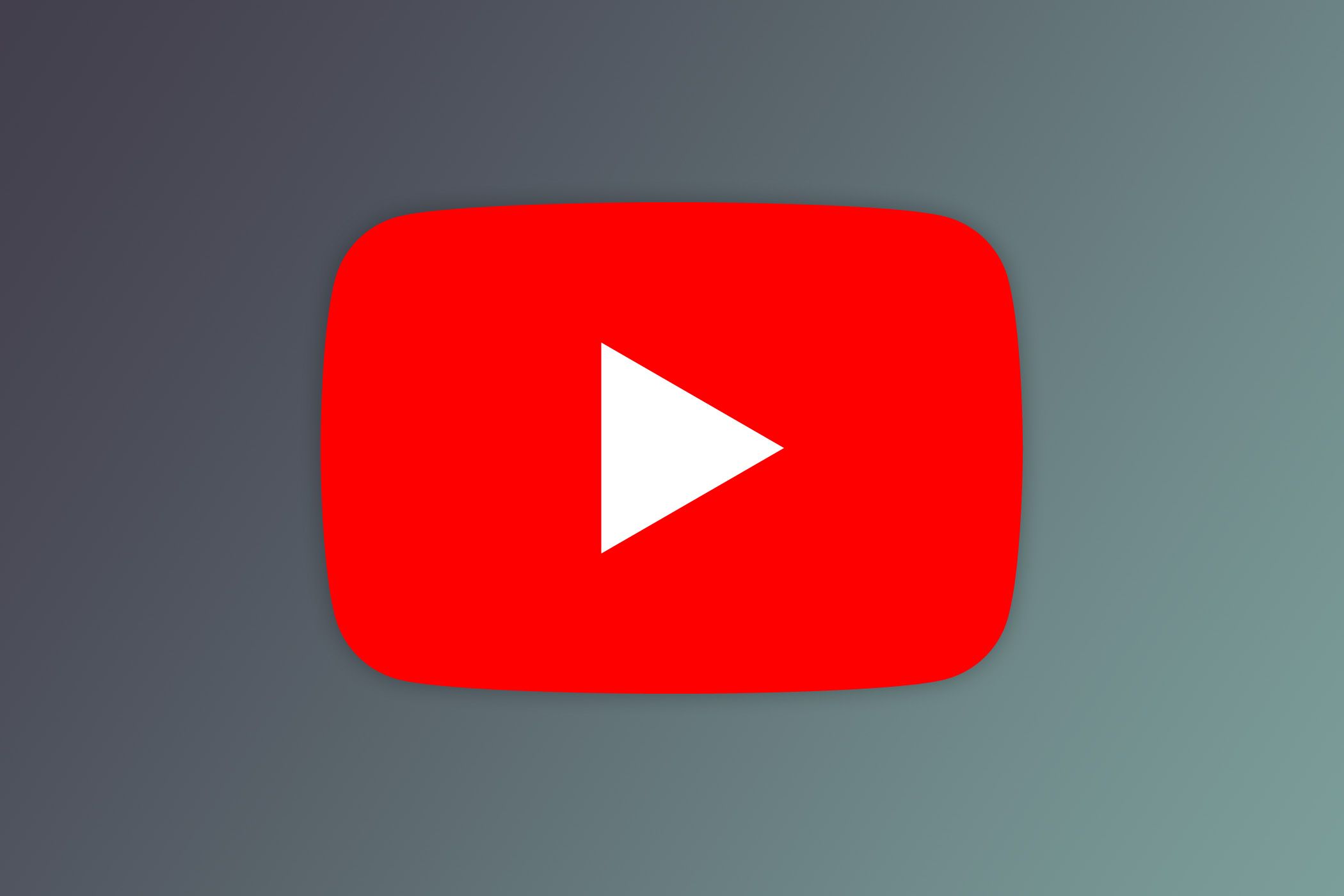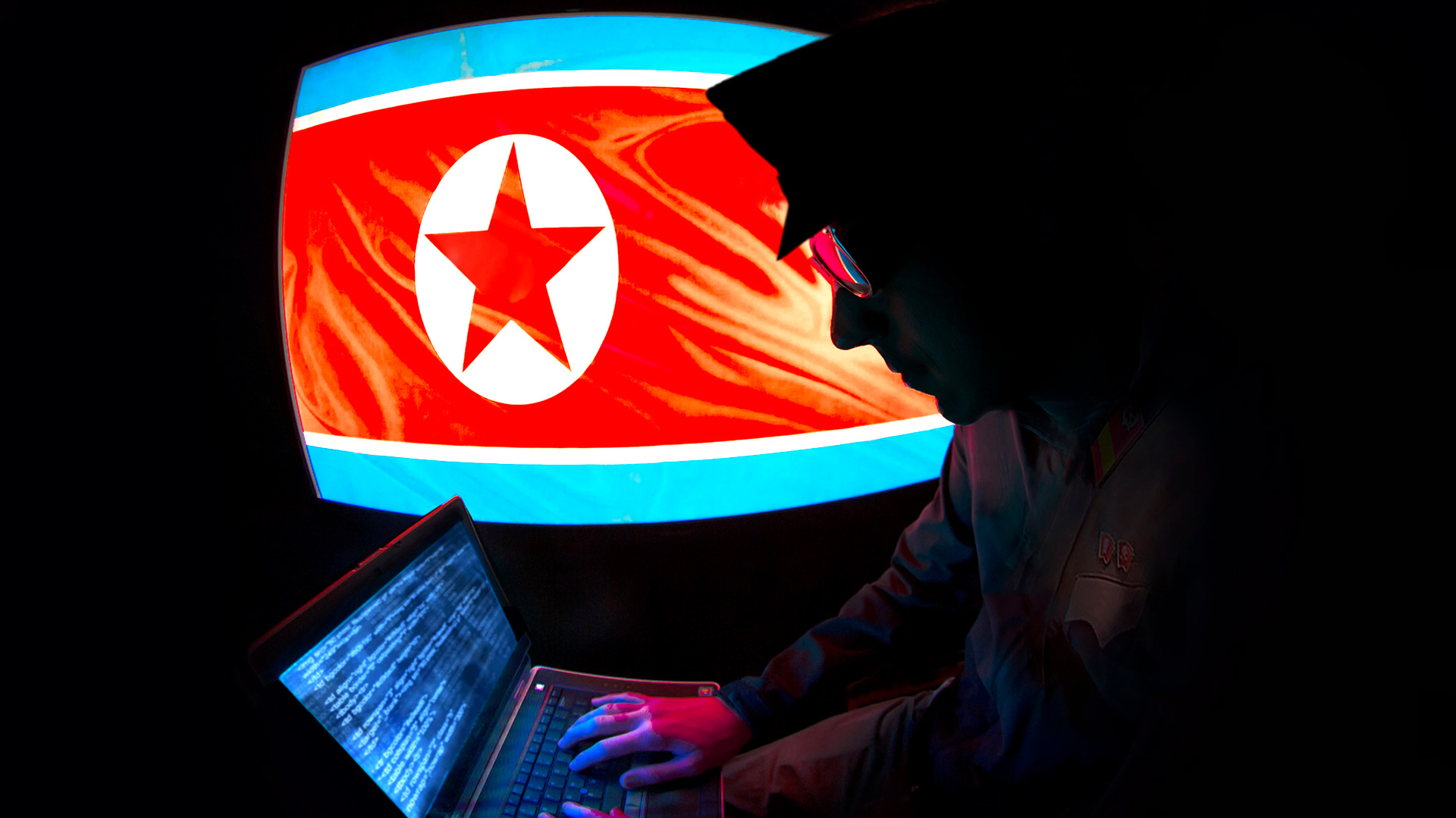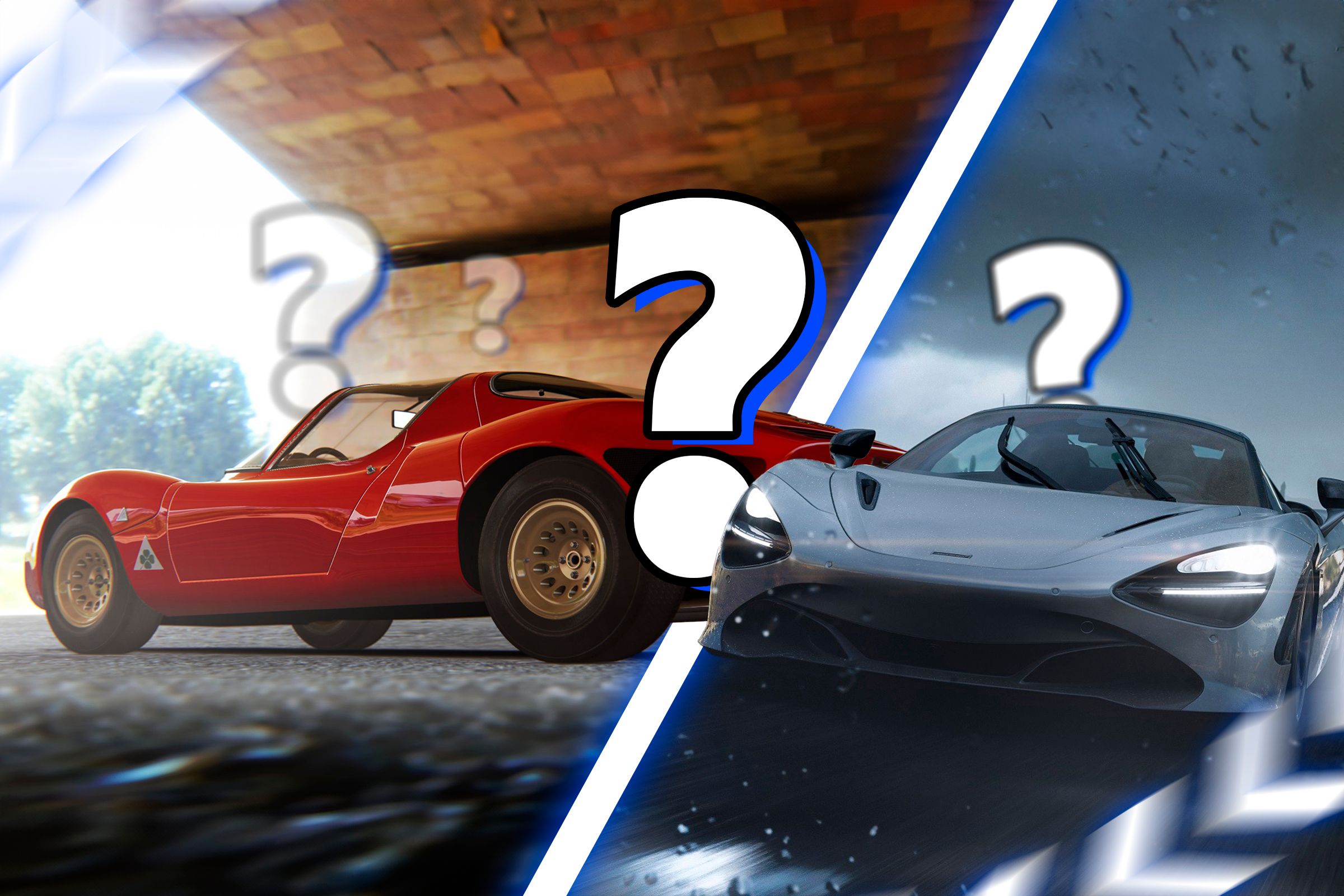
Key Takeaways
- Sports and racing games rely on licensing agreements to feature real-world athletes and cars.
- Licenses eventually expire, forcing publishers to renew the license, remove the content, or simply delist the game.
- Licensing problems have caused newer games to be delisted quickly, impacting accessibility for players.
Nothing lasts forever, especially video games. Many of the best sports and racing games are vanishing from digital stores without any sort of explanation. So what’s the play here?
Sports and Racing Games Rely on Licensing Agreements
Many games feature real-life cars and professional sports teams, but that’s not just because the developers felt like including them. For a game to legally use an intellectual property (IP) or copyrighted material that belongs to another company, its publisher must license the IP from its rights holders.
Without a license, the creators of a game could potentially be charged with copyright infringement. This rule doesn’t just apply to the usage of major brands, either. Vehicles, logos, songs, and even celebrity likenesses can only be added to a video game with the proper licensing. These licenses also shouldn’t be confused with Creative Commons (CC) licenses, which allow anyone to use a copyrighted work under certain conditions.
Acquiring a license doesn’t give publishers free rein to do whatever they want with an IP. A licensing agreement dictates how the licensed property can be used, as well as how long it can be used for. Some licensing deals cover multiple releases within a specific timeframe, while others only apply to a single game.
Either way, licensing deals only last for a certain amount of time and will eventually run out. When the license expires, developers can choose to renew it for a price, remove the licensed content with an update, or allow the license to expire. However, there are downsides to each of these choices.
Renewing a license allows publishers to continue selling games that use licensed material, but this comes at a cost. While the license for an obscure song might not be that expensive, getting the rights to dozens of recognizable car manufacturers or sports organizations is guaranteed to come with a hefty fee.
If the licensed content isn’t crucial to a game, publishers can remove it in a patch. A 2018 update for Grand Theft Auto IV removed more than 50 songs from the in-game radio stations due to licensing issues. Obviously, this approach doesn’t work for every game. Sports and racing games can’t just patch out brand-name cars or entire teams when their license expires. Branded content is an essential part of these genres, and players would undoubtedly be upset if these elements were ever removed from a game.
Publishers see little reason to invest time and money into renewing licenses for older games when those resources would be better spent on new releases. Unfortunately, this means that the licenses for many older racing and sports games have expired, preventing publishers from being able to sell them.
This isn’t a big loss for publishers, as their profits come from selling new releases, but it has a severe effect on our ability to access older games.
What Happens When Licenses Expire?
After a license agreement expires, publishers lose the right to continue selling the games for as long as that licensed material remains in place. In most cases, a license agreement will only affect a single game and its downloadable content. However, some license agreements cover multiple games at a time, and their expiration can lead to a wave of sudden removals. This was the case with the entire F IFA series, which was wiped from digital stores after its developer, Electronic Arts, lost the rights to the “FIFA” branding in 2023.
It should be noted that most games can still be played after they’re removed from stores. Physical discs aren’t affected at all by these licensing issues, and you can still download games from your digital library even after they have been delisted. However, if you don’t purchase a game’s digital copy or its DLC before they’re removed from sale, you’ll only be able to play it by purchasing a physical copy from a third-party seller.
You shouldn’t wait for a game to be delisted. While some titles are removed without any warning, most developers announce these removals months before they happen. Earlier in 2024, Playground Games announced that Forza Horizon 4 would be delisted from all digital stores on December 14, 2024 (just like Forza Horizon 3 was removed previously).
Likewise, Motorsport Games announced that its NASCAR-branded games won’t be available after December 31, 2024. At the time of writing, these games are listed at a heavily discounted price, giving you one last chance to get them before they’re gone.
Why Are Newer Games Being Delisted So Quickly?
Licensing in video games isn’t a new phenomenon, but its problems are becoming increasingly apparent over time. Even games released in the past few years like FIFA 23 and F1 22 have been delisted already in 2024 due to licensing issues. This has always been a risk for racing and sports games, but it seems like the window to buy these games gets shorter every year.
Part of the problem is that publishers often treat racing and sports games—especially those that receive annual releases—as expendable products. Both the NBA 2K and WWE 2K series controversially force players to move on to the latest entries by shutting down each game’s online servers after about two years. These franchises don’t use sequels to build upon their predecessors, but rather to make their older entries obsolete.
Publishers like 2K don’t see any reason to keep these games accessible once the sequel is released, which is why they seem to be perfectly fine with letting these games disappear for good.
To be fair, this isn’t the case for all sports series. As stated before, Electronic Arts lost the rights to the FIFA branding, but that only occurred because the publisher failed to reach an agreement with the FIFA organization over its licensing fees.
But it shouldn’t come as a surprise that these licenses are becoming more expensive to maintain. The video game industry continues to grow its profits and major brands like FIFA recognize their value to publishers. The loss of the FIFA series wasn’t the result of publisher negligence, but rather the unfortunate limitations of licensing agreements.
Licensing issues aren’t the only problem impacting racing and sports games—many have been delisted due to studio closures and server shutdowns—but they’re certainly the most common. Unfortunately, it’s also a problem with no clear solution. Many games in these genres wouldn’t be the same without the inclusion of iconic brands and real-life athletes, and that’s especially true for games based on major sports organizations and racing championships.
While more games could skip the hassle of licensing and use fictional characters or off-brand imitations of real cars, this doesn’t measure up to the immersion of racing in your dream car or stepping into the shoes of your favorite sports team.
Despite the many issues that publishers face when dealing with licensing agreements, racing and sports games continue to rely on them to use real-world branding. While some licenses last longer than others, all of these games will eventually be delisted from digital stores.
Thankfully, you can still play your favorites even after they leave official retailers. But if you want to experience these games at their best, don’t wait until they’re delisted and taken offline.
Source link


